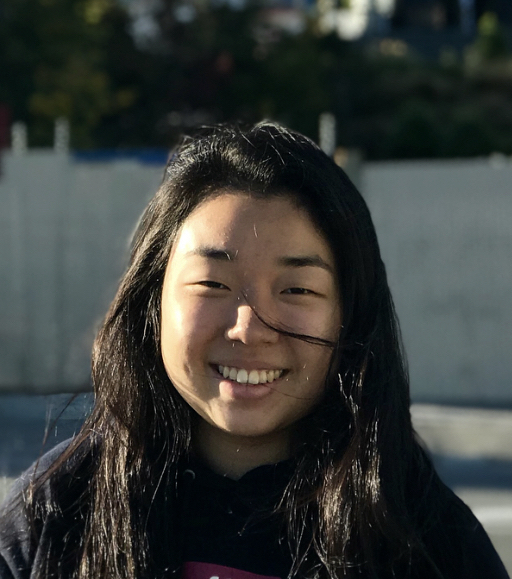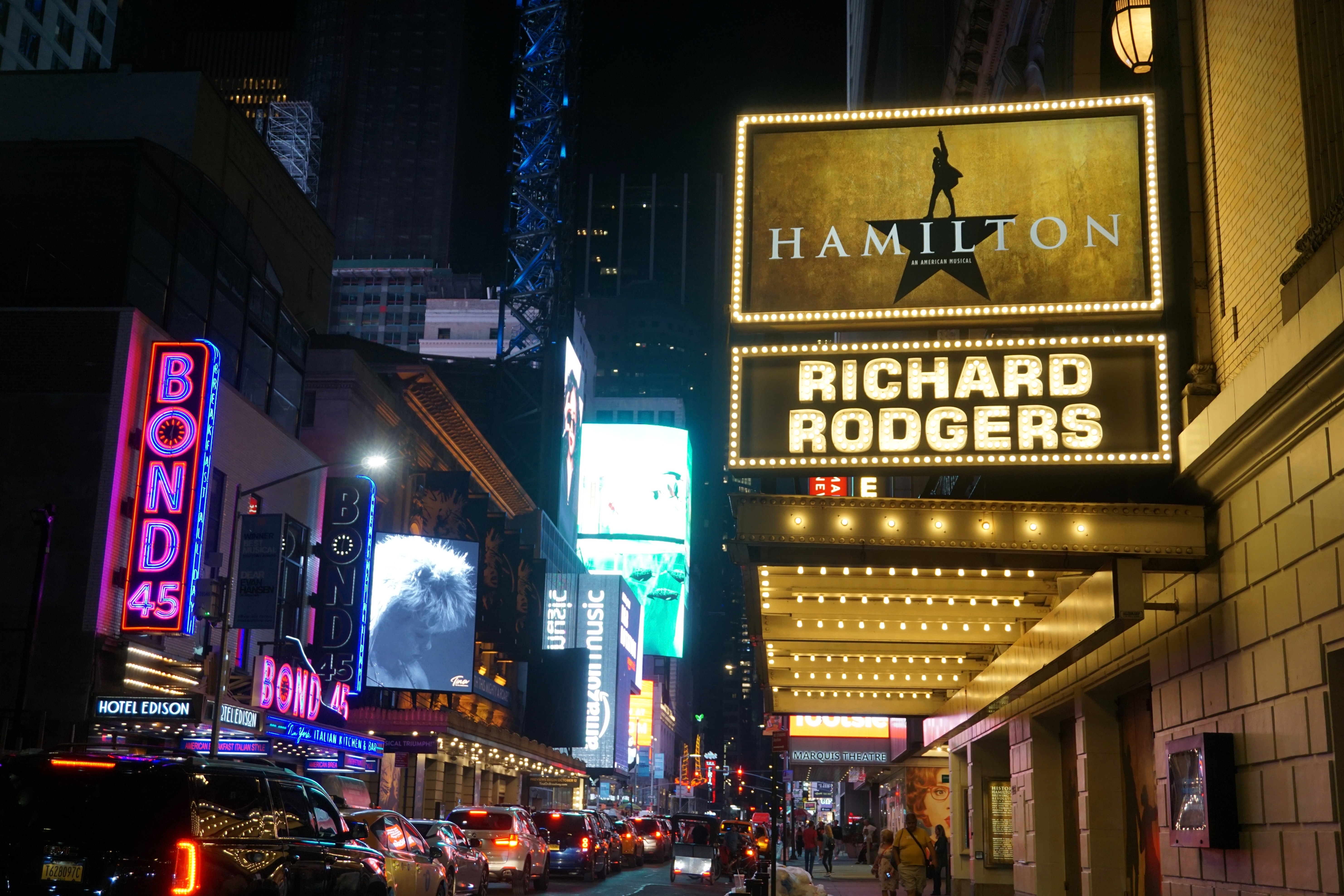Welcome to our special section, Thrive on Campus, devoted to covering the urgent issue of mental health among college and university students from all angles. If you are a college student, we invite you to apply to be an Editor-at-Large, or to simply contribute (please tag your pieces ThriveOnCampus). We welcome faculty, clinicians, and graduates to contribute as well. Read more here.
A month ago, hunched over my laptop, jaded but furiously typing, I was nearing the deadline for my last paper for my first online semester. It was almost 9:00 p.m. when I could hear my housemates watching Lin-Manuel Miranda’s Hamilton in our living room. Voices, singing, and laughter were reverberating, bouncing off the walls of the hallway and entering into the gap under my door. Earlier that day, my housemates asked me to join them for a Hamilton movie night. I was tempted, but somehow summoned the willpower to insist they watch it without me as I decided to work on my essay. It was a good decision. I mean, I would otherwise have felt surges of anxiety every time Miranda’s character, American founding father Alexander Hamilton, sings, “There’s a million things I haven’t done.”
In any other year, a film version of the Broadway musical Hamilton on a streaming platform would most likely become an exhilarating home viewing experience shared among college friends, many of whom would probably squeal excitedly and yell-rap frantically. This may understandably be a cringe-inducing setting for many people. For me though, writing this on day 2,341,949 in lockdown (I lost track of time), I can’t help but smile at the mental image of people rapping and dancing alongside the original cast as some less musically inclined others laugh at us while shaking their heads (smh, if you will).
Melbourne is now under Stage 4 coronavirus lockdown. For the next six weeks, Melbournians will hopefully take the COVID-19 public health measures even more seriously. And until restrictions are eased, my best friend will most probably be the Vitamin D tablets I bought yesterday (my doctor told me last week that according to my blood tests, I’m Vitamin D-deficient — yay!). I honestly can’t think of a more perfect time to hide away from the sun and hibernate. Of course, Hamilton will be another reliable and dear companion throughout my quarantine, perhaps one that is as important as my supplements.
I watched this musical for the first time lying on my bed alone one night during my semester break. As expected, I was impressed by the brilliant score, cast, and crew. Hamilton is a stunning production with impeccable, rejuvenating, and fresh music. It was exciting, even enlivening — so much so that it almost feels like a rare and suspicious prank gift by the universe. Or if you believe we’re living in a simulation, maybe the release of Hamilton on Disney+ was a glitch in the apocalyptic 2020 system.
Either way, Hamilton is like a warm hug from a friend after a bad day (or year) with its masterfully performed hip-hop and show tunes. Watching Daveed Diggs as Marquis de Lafayette and Thomas Jefferson significantly boosted endorphins; he is the physical embodiment of “stealing the show.” Seriously, I can’t at his insanely hilarious French persona. Jonathan Groff as King George III, a symbol of imperial power and whiteness, with his self-righteous spitting, is in itself one of the highlights of my year. I’m not even surprised that his spit became a meme. Major props to you, Jonathan, for ridiculing British imperialism so well. And I don’t understand how not enough people are talking about Okieriete “Oak” Onaodowan in his remarkably charismatic, masculine portrayal of Hercules Mulligan — just, wow.
Whether or not “The Schuyler Sisters,” performed by Renée Elise Goldsberry, Phillipa Soo, and Jasmine Cephas Jones, is one of your favorite tracks in Hamilton, you’ll surely remember feminist lines, including Renée as Angelica Schuyler telling us that “when [she] meets Thomas Jefferson, [she’ll] compel him to include women in the sequel.” While I personally would have liked to see more female characters, I revelled in the complexity of Angelica and Eliza (and Peggy!) Schuyler as characters. The fierce sisterly bond of Angelica and Eliza was a powerfully moving element of the musical, not only adding drama, but also conveying the intense loyalty of family and romantic relationships.
Hamilton’s most striking feature is its color-conscious casting that evokes a utopian hope in an America wherein racially and culturally diverse people can live harmoniously together. The diverse representation in Hamilton surely sets a precedent for future musicals, plays, shows, and films to abandon color-blindness as a casting approach, which in itself is a form of racism, and not just write in token non-white actors. Hamilton proves that people of color can be the stars of the show, even imagining Black and Latinx people as future writers of national history and leaders of the United States of America. While I expected Hamilton to amaze me, what I did not expect was for it to remind me of Arundhati Roy, who wrote in early March that “the pandemic is a portal.”
Much like COVID-19, Hamilton is a work of art that acts as a portal. Hamilton specifically transports us back to the origins of America, especially as refracted through the lens of the recent Black Lives Matter resurgence in various parts of the world. Re-examining the past is potentially a destabilizing exercise. Rather, it should be a confronting one. How can it not be when racial injustice is so rampant? While Hamilton allows us to imagine the progressive, multicultural ideal that the Obama-era represented, its debut on Disney+ has subjected the musical to a renewed scrutiny in relation to the growing public discourse and awareness of structural racism. The musical presents a revisionist history that fails to adequately address the violent displacement of Indigenous people and the characters’ involvement in slavery.
The omission of these details, I believe, was an unfortunate, but honest mistake. After all, what other musical so cogently makes the point that immigrants “get the job done”? The performers and Miranda, himself, have acknowledged the areas for improvement in Hamilton and they have also consistently, publicly advocated for racial justice. The musical showcases the beauty of the diversity — a timely, much-needed reminder of the significance of inclusivity, the antithesis of which is represented by the current Trump administration. Implicitly, this musical challenges the persisting white, male norm that has negated the experiences of people who deviate from this outdated, racist, and misogynistic standard. Yet, it also emphasizes the reality that we have so much more work to do in promoting racial justice and fairer representation.
Institutions everywhere need to re-examine their policies and operations to ensure greater inclusivity and just treatment of all people as we all deserve dignity and respect. However, creating change requires all of us to do our own internal, individual work to identify, accept, and correct our internalized racism. Unfortunately, no one is asymptomatic to the virulent logic of race and inequality. Don’t just ask the next person of color you see to point you in the direction of how to become antiracist; it’s each of our responsibilities to reflect deeply on the stories we encounter, especially when of such wide political significance. All of us should engage thoughtfully and critically in dialogue with others about the better world we’re seeking to create.
Subscribe here for all the latest news on how you can keep Thriving.
More Thrive Global on Campus:
What Campus Mental Health Centers Are Doing to Keep Up With Student Need
If You’re a Student Who’s Struggling With Mental Health, These 7 Tips Will Help
The Hidden Stress of RAs in the Student Mental Health Crisis


